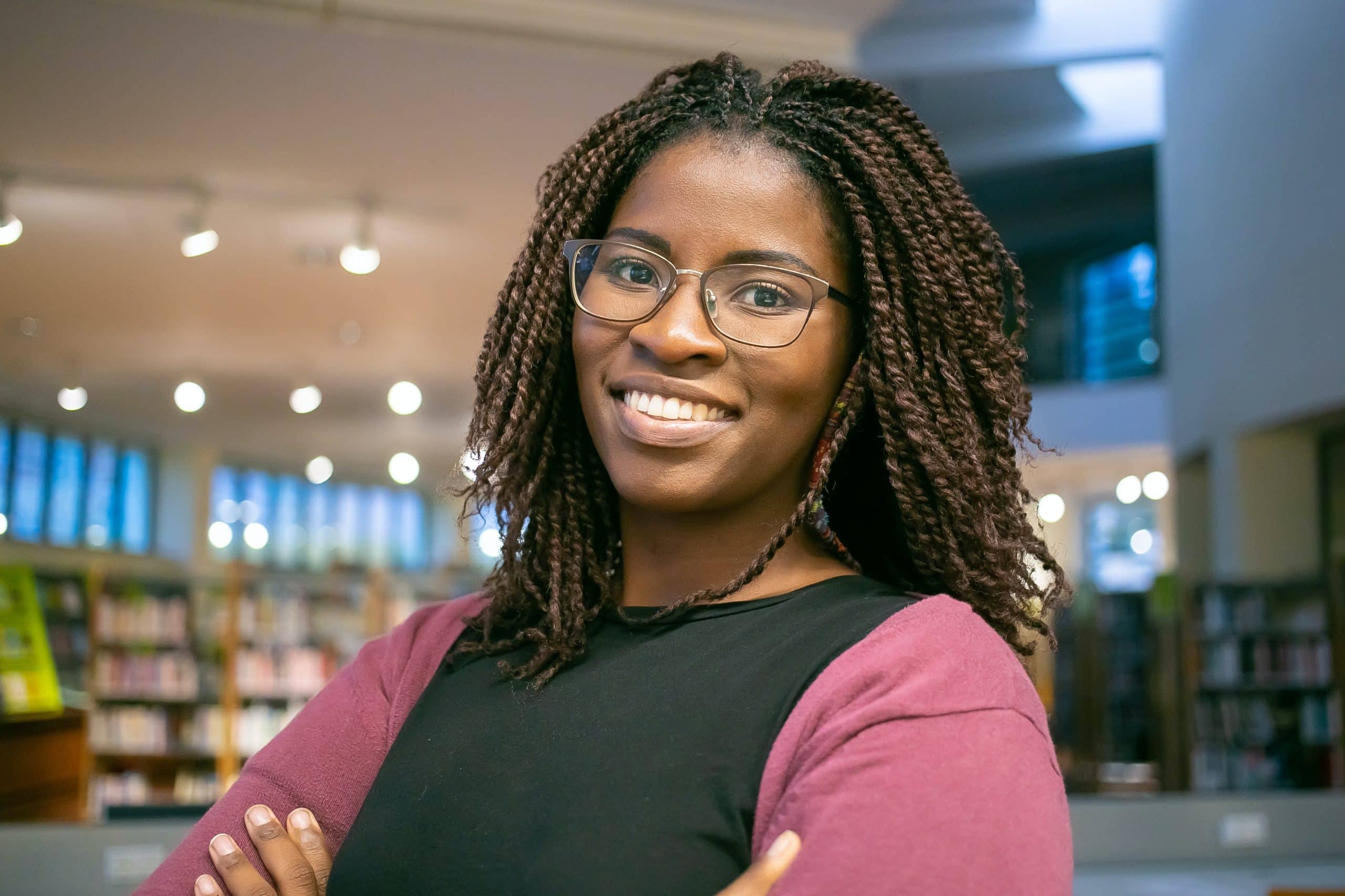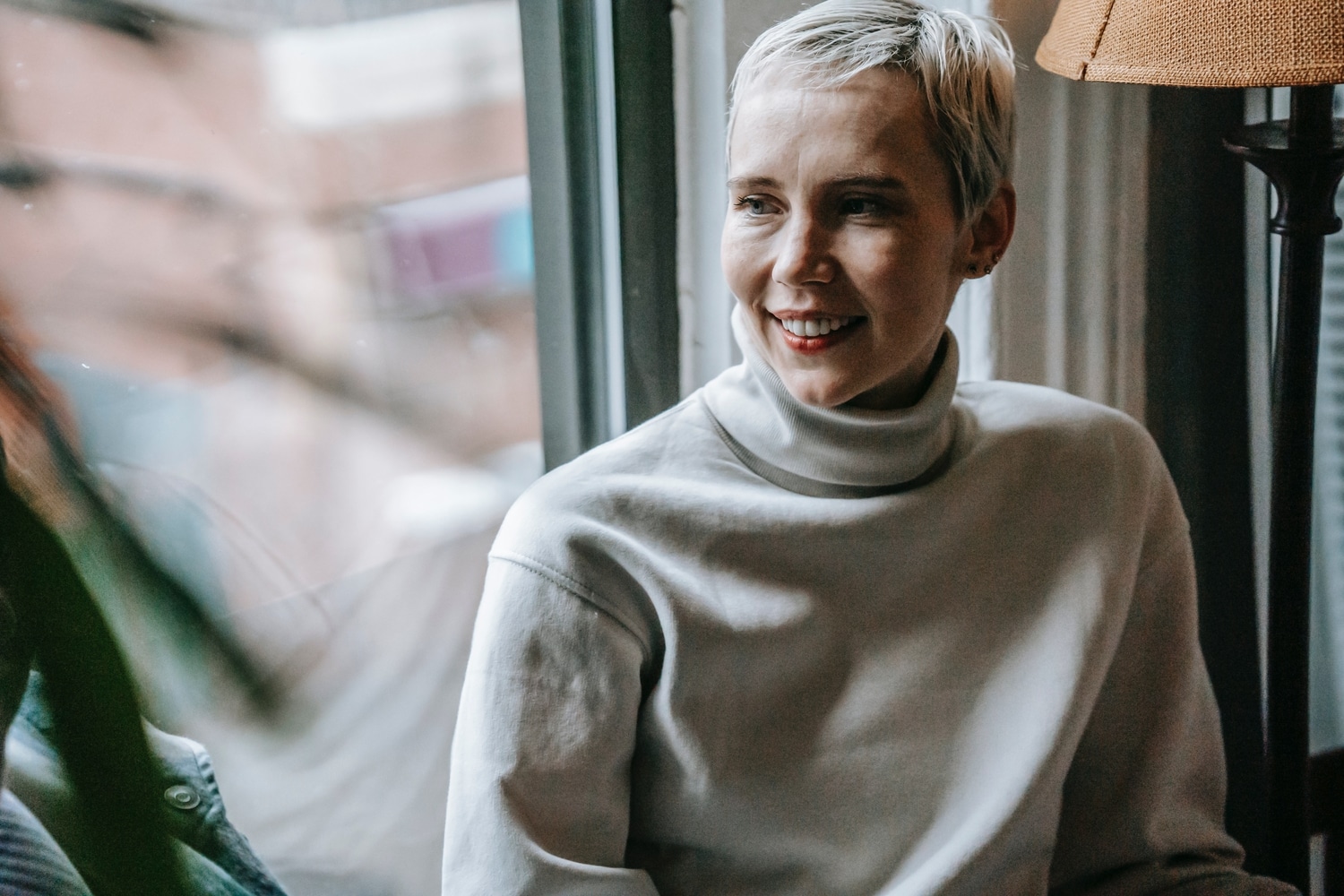CODA Counselling & Psychotherapy

CODA Counselling can provide numerous benefits to individuals with an injury and their families.
Our team can help individuals who are a child of deaf adults (CODA) and their families cope with the emotional and psychological impact of being part of the deaf community when there is a conflict between cultures.
There are many ways we can support & help you navigate life’s challenges
Our Therapists can help you live in alignment with your highest values, dreams and aspirations. We can help you make authentic, meaningful and mindful choices about how to live your life on your terms. Rise above anxiety, get over depression, heal trauma and rediscover the joy of being alive.
Overall, counselling can provide a wide range of benefits to individuals and their families, helping them to improve their emotional well-being, relationships, and quality of life.
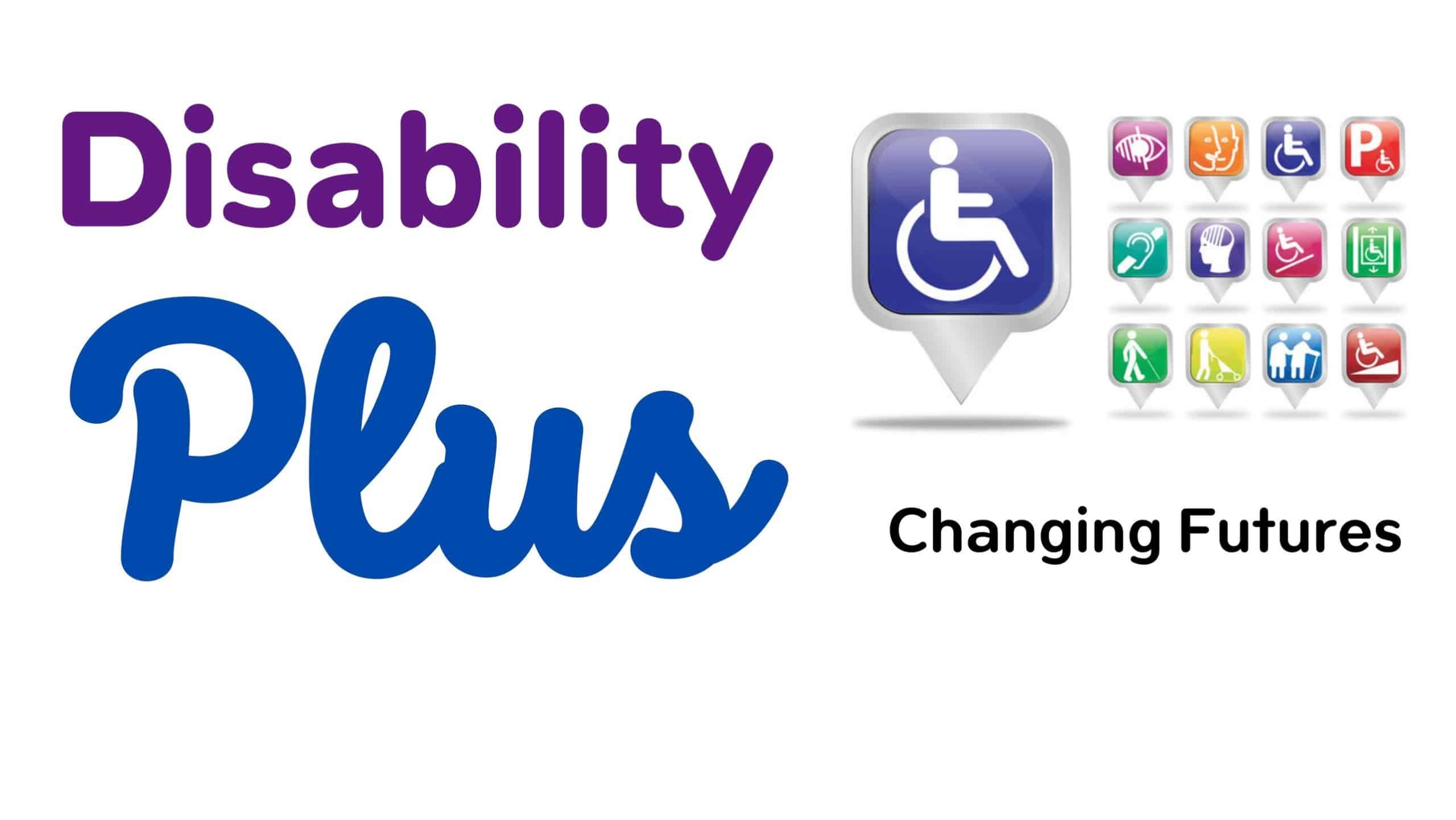
Referral Forms
Self-Pay
Carers
Free Funding
Organisations
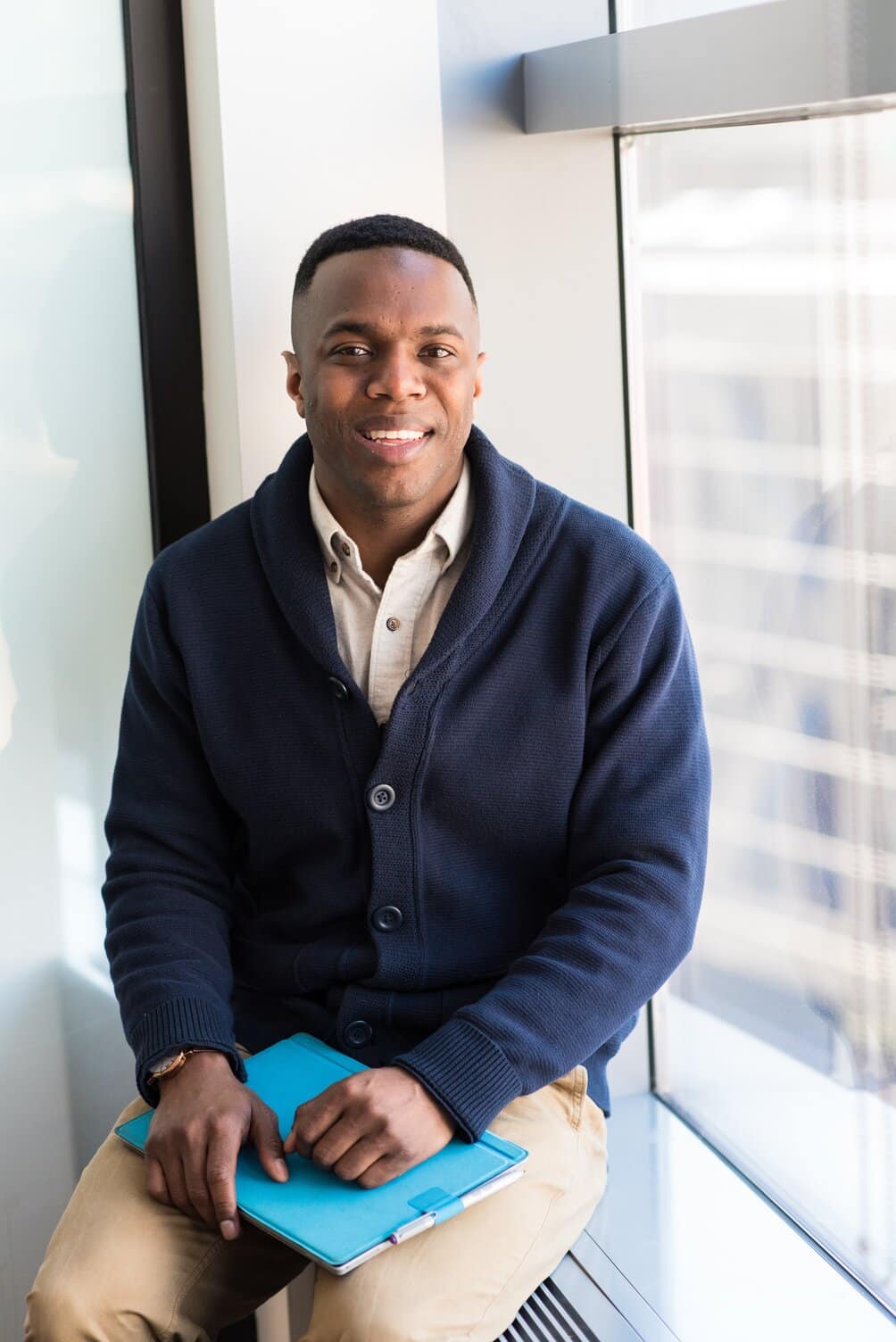

CODA Counselling is?
Our Counselling & Psychotherapies start from the baseline & contributing factors of living with living as a CODA creating the issues you may be facing.
We know that most people we see do not have mental health conditions, they have emotional stressors & relationships in general.
These are key issues many CODA people face on a daily basis.
The impact of being a CODA on all different levels for all different people is complex. We understand all these issues and many more because our counsellors are CODAs
So, if you’re struggling in any way right now, please do get in touch with us. Talking to someone outside your family or circle of friends may help you better understand your feelings and manage them more effectively.
How we help?
We support people, not with the labels of depression or anxiety, our counselling is helping clients with life’s difficulties that can be the platform for their mental health issues.
We help with:
♣ Coping with the rollercoaster of society’s challenges & perceptions
♣ Exploring your feelings & thoughts
♣ Understanding of how difficulties may have developed
♣ Coping with different emotions
♣ Concerns about memory and changes in thinking
♣ Dealing with distress and trauma
♣ Concerns about relationships
♣ Setting realistic aspirations for the future
Referrals?
As a specialist service with a wealth of experience, we can support organisations and private people with excellent CODA Counselling and Psychotherapies.
Services for
♣ Individuals
♣ Couples
♣ Care-Givers
♣ Family Members
♣ Friends
Professional Organisations
♣ National Health Services
♣ Mental Health Providers
♣ GPs
♣ Universities & Schools
♣ Solicitors & Courts
♣ Insurance Companies
♣ Businesses
Self-paid options?
We offer privately-paid services from age 14.
Private pay clients are able to choose the focus, duration, and frequency of therapy.
You are even allowed to choose the length of sessions.
You can start your Counselling almost immediately.
There are no waiting lists or reports being sent to GPs. It’s Confidential.
You can start by paying privately for the immediate start & in the background, we can submit an NHS application for you.
Pricing
For the general public, we heavily discounted our session fees. This enables you to access counselling easily at an affordable price.
Session Fees for 50 minutes:
Initial Session £50
Pay as you go £70
Saver3 £180 (3 Sessions)
For those who use assistive communication devices, session times move from 50 to 70 minutes with a session fee of £90 & saver pack of 3 sessions at £220
Some people may find that self-paid is just out of reach. If this is the case, let us know, and we can generally help with a payment plan.
Free Funding Options?
Your GP will refer you to the local IAPT mental health service if you ask for support
DisabilityPlus cannot apply for free funding.


Mobile
01932881849
Self-Pay
Carers
Free Funding
Organisations
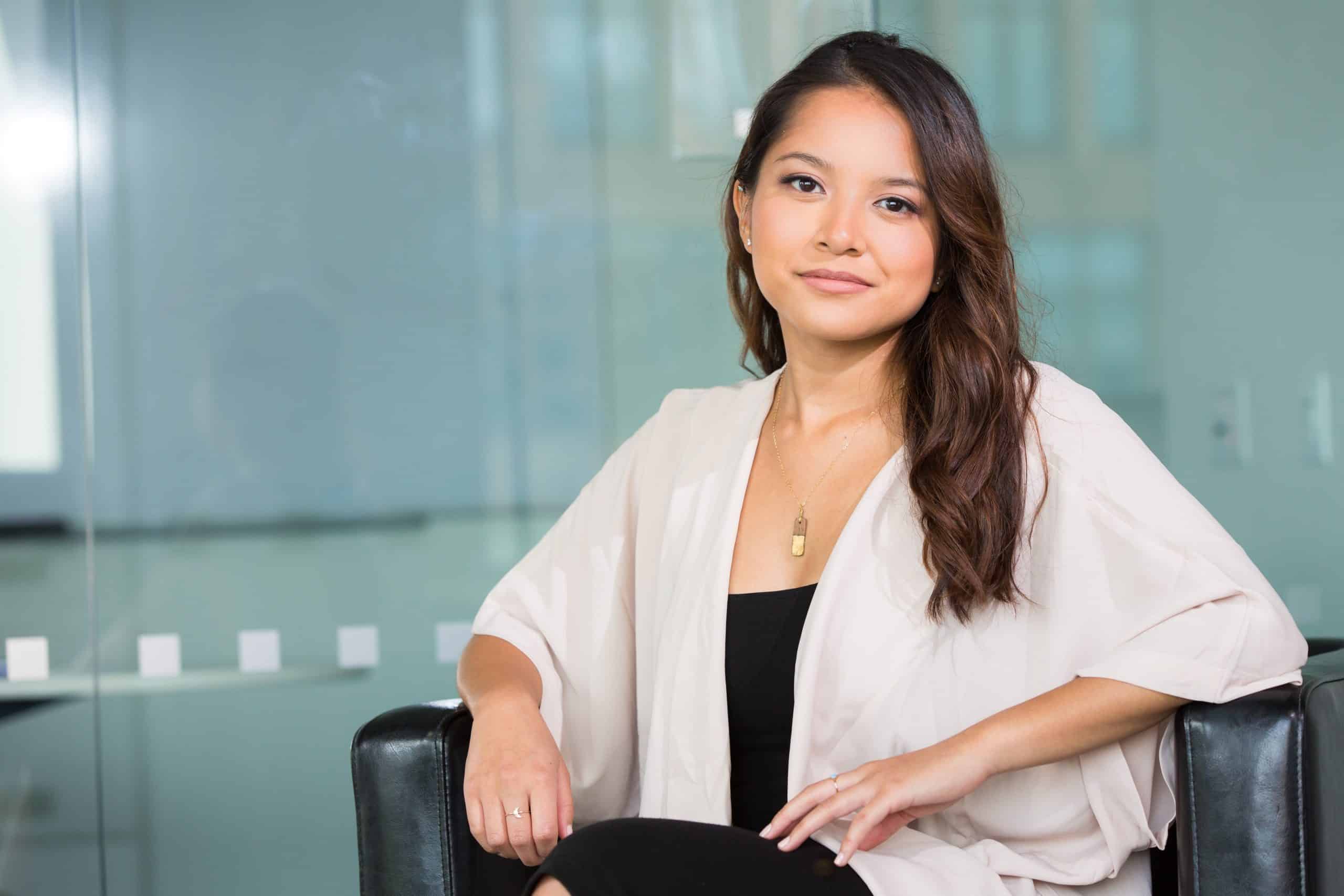
Our Specialist Mental Health Counselling Services
If your Disability is not listed below, please contact us to see if we can support you.
Specialist CODA Counselling
CODA Counselling can provide numerous benefits to individuals with an injury and their families.
Our team can help individuals who are a child of deaf adults (CODA) and their families cope with the emotional and psychological impact of being part of the deaf community when there is a conflict between cultures.
There are many ways we can support & help you navigate life’s challenges
Our Therapists can help you live in alignment with your highest values, dreams and aspirations. We can help you make authentic, meaningful and mindful choices about how to live your life on your terms. Rise above anxiety, get over depression, heal trauma and rediscover the joy of being alive.
Overall, counselling can provide a wide range of benefits to individuals and their families, helping them to improve their emotional well-being, relationships, and quality of life.
Counselling?
Our Counselling & Psychotherapies start from the baseline & contributing factors of living as a CODA creating the issues you may be facing.
We know that most people we see do not have mental health conditions, they have emotional stressors & issues subjected to be a CODA.
Being a CODA (Child of Deaf Adults) can come with its own set of unique challenges, including navigating two different languages and cultures, and potentially taking on a role as a communication bridge between your deaf parents and the hearing world.
As a result, it’s not uncommon for CODAs to experience mental health problems, such as anxiety, depression, and stress. These issues can arise from the stress of constantly interpreting and communicating for others, feeling isolated from hearing peers, and struggling to navigate two different cultural and linguistic worlds.
It’s important to recognise that it’s okay to experience mental health problems and seek support.
A DisabilityPlus Counsellor who is a CODA & therefore knowledgeable about the experiences of CODAs and can help you navigate the unique challenges you may be facing.
Additionally, seeking support from other CODAs can be helpful.
Remember, you don’t have to face these challenges alone, and seeking support is a sign of strength, not weakness.
So, if you’re struggling in any way right now, please do get in touch with us. Talking to someone outside your family or circle of friends may help you better understand your feelings and manage them more effectively.
Support?
We support people, not with the labels of depression or anxiety, our counselling is helping clients with life’s difficulties that can be the platform for their mental health issues.
We help with:
♣ Coping with the rollercoaster of society’s challenges & perceptions
♣ Exploring your feelings & thoughts
♣ Understanding of how difficulties may have developed
♣ Coping with different emotions
♣ Concerns about memory and changes in thinking
♣ Dealing with distress and trauma
♣ Concerns about relationships
♣ Setting realistic aspirations for the future
Referrals?
As a specialist service with a wealth of experience, we can support organisations and private people with excellent CODA Counselling and Psychotherapies.
Services for
♣ Individuals
♣ Couples
♣ Care-Givers
♣ Family Members
♣ Friends
Professional Organisations
♣ National Health Services
♣ Mental Health Providers
♣ GPs
♣ Universities & Schools
♣ Solicitors & Courts
♣ Insurance Companies
♣ Businesses
Mental Health?
Here are some mental health conditions that may develop in people who are CODA:
Depression: People may experience depression, may feel helpless, and may lose interest in activities they used to enjoy.
Anxiety: Anxiety is a common mental health condition that affects people. They may worry about their future, their ability to manage their situation, and the impact it will have on their current and future relationships.
Adjustment disorder: CODA people may experience adjustment disorder, which is a type of stress-related condition that occurs when a person has difficulty adjusting to everyday situations.
Self Paying?
We offer privately-paid services from age 14.
Private pay clients are able to choose the focus, duration, and frequency of therapy.
Clients are even allowed to choose the length of sessions. Research shows that clients who have to pay something for their treatment have more positive outcomes than those who receive free treatment.
Individuals can start their CODA Counselling almost immediately.
There are no waiting lists or reports being sent to GPs. It’s Confidential.
Pricing
For the general public, we heavily discounted our session fees. This enables them to access counselling easily at an affordable price.
Session Fees for 50 minutes:
♣ Initial Session £50
♣ Pay as you go £70
♣ Saver3 £180 (3 Sessions)
Some people may find that self-paid is just out of reach if this is the case let us know and we can generally help with a payment plan.
Funding?
Your GP will refer you to the local IAPT mental health service if you ask for support
DisabilityPlus cannot apply for free funding.
Enquiries
Self-Paid
Free Funding
Organisations


Our Specialist Disabilities Counselling Services
If your Disability is not listed below, please contact us to see if we can support you.
CODA Counselling & Psychotherapy
CODA Counselling can provide numerous benefits to individuals with an injury and their families.
Our team can help individuals who are a child of deaf adults (CODA) and their families cope with the emotional and psychological impact of being part of the deaf community when there is a conflict between cultures.
There are many ways we can support & help you navigate life’s challenges
Our Therapists can help you live in alignment with your highest values, dreams and aspirations. We can help you make authentic, meaningful and mindful choices about how to live your life on your terms. Rise above anxiety, get over depression, heal trauma and rediscover the joy of being alive.
Overall, counselling can provide a wide range of benefits to individuals and their families, helping them to improve their emotional well-being, relationships, and quality of life.
Enquiries
Self-Pay
Free Funding
Counselling?
One of the most important aspects of counselling & psychotherapy is the relationship you form with your therapist.
Using therapists who were children of deaf adults will help you experience a sense of belonging and connection, as they will have had similar challenges to yours.
CODA Counselling is with therapists with the lived experience needed to understand the complexity of being a child of a deaf adult. Our therapy supports you with mental & emotional health issues to allow you to have a brighter future.
Support?
We support people, not with the labels of depression or anxiety, our counselling is helping clients with life’s difficulties that can be the platform for their mental health issues.
We help with:
♣ Coping with the rollercoaster of society’s challenges & perceptions
♣ Exploring your feelings & thoughts
♣ Understanding of how difficulties may have developed
♣ Coping with different emotions
♣ Concerns about memory and changes in thinking
♣ Dealing with distress and trauma
♣ Concerns about relationships
Funding?
Your GP will refer you to the local IAPT mental health service if you ask for support
DisabilityPlus cannot apply for free funding.
Referrals?
As a specialist service with a wealth of experience, we can support organisations and private people with excellent CODA Counselling and Psychotherapies.
Services for
♣ Individuals
♣ Couples
♣ Care-Givers
♣ Family Members
♣ Friends
Professional Organisations
♣ National Health Services
♣ Mental Health Providers
♣ GPs
♣ Universities & Schools
♣ Solicitors & Courts
♣ Insurance Companies
♣ Businesses
Mental health?
Here are some mental health conditions that may develop in people who are CODA:
Depression: People may experience depression, may feel helpless, and may lose interest in activities they used to enjoy.
Anxiety: Anxiety is a common mental health condition that affects people. They may worry about their future, their ability to manage their situation, and the impact it will have on their current and future relationships.
Adjustment disorder: CODA people may experience adjustment disorder, which is a type of stress-related condition that occurs when a person has difficulty adjusting to everyday situations.
Self-paying?
We offer privately-paid services from age 14.
Private pay clients are able to choose the focus, duration, and frequency of therapy.
Clients are even allowed to choose the length of sessions. Research shows that clients who have to pay something for their treatment have more positive outcomes than those who receive free treatment.
Individuals can start their CODA Counselling almost immediately.
There are no waiting lists or reports being sent to GPs. It’s Confidential.
Pricing
For the general public, we heavily discounted our session fees. This enables them to access counselling easily at an affordable price.
Session Fees for 50 minutes:
♣ Initial Session £50
♣ Pay as you go £70
♣ Saver3 £180 (3 Sessions)
For those who use assistive communication devices, session times move from 50 to 70 minutes with a session fee of £90 & saver pack of 3 sessions at £220
Some people may find that self-paid is just out of reach if this is the case let us know and we can generally help with a payment plan.

Our Specialist Counselling Services
If your Disability is not listed below, please contact us to see if we can support you.




